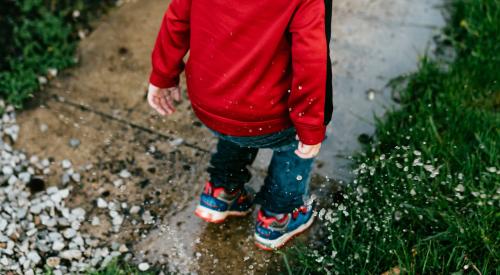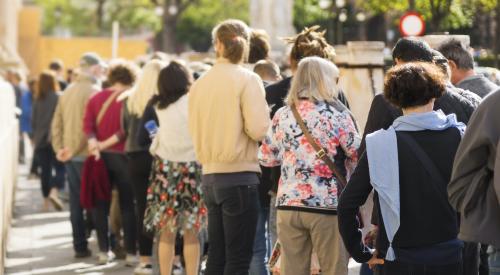It wasn’t a trade war or the fallout from Brexit that ended the longest bull run in the history of the U.S. stock market: It was the unforeseen impact of COVID-19. Even though the coronavirus has cancelled major sporting events, flights, and shutdown schools, bars, and restaurants, would a downturn, if there is one, caused by this pandemic, be worse than the Great Recession?
While it doesn't look like it will be business as usual anytime soon, home prices aren't expected to fall off a cliff and low mortgage rates may help buoy home sales. At least that's what experts are saying this week. But this is a fast-moving, unprecedented crisis, and no one knows yet how it will all play out.
If folks are worried about their jobs, and being able to pay their bills, they're less likely to want to buy a home. Ditto if they're nearing retirement and the stock market volatility wiped out a big chunk of their 401(k) accounts.
But that caution is likely to be at least partly offset by some of the lowest mortgage interest rates in nearly 50 years. They were just 3.36% for a 30-year fixed-rate mortgage as of Thursday, according to Freddie Mac.
"I don't know which force will be greater: the negative impact of job cuts, if that was to occur, or the positive influence of low mortgage rates," says National Association of Realtors Chief Economist Lawrence Yun.
Most housing economists don't expect housing prices to fall, since we're still seeing a housing shortage. There aren't enough existing homes or new construction to satisfy the high demand from buyers, many of whom have been looking for a home for a while and perhaps have lost bidding wars. After all, the life changes that lead people to buy a home are still ongoing: expanding a family or having kids leave the nest, or relocating for a new job.













